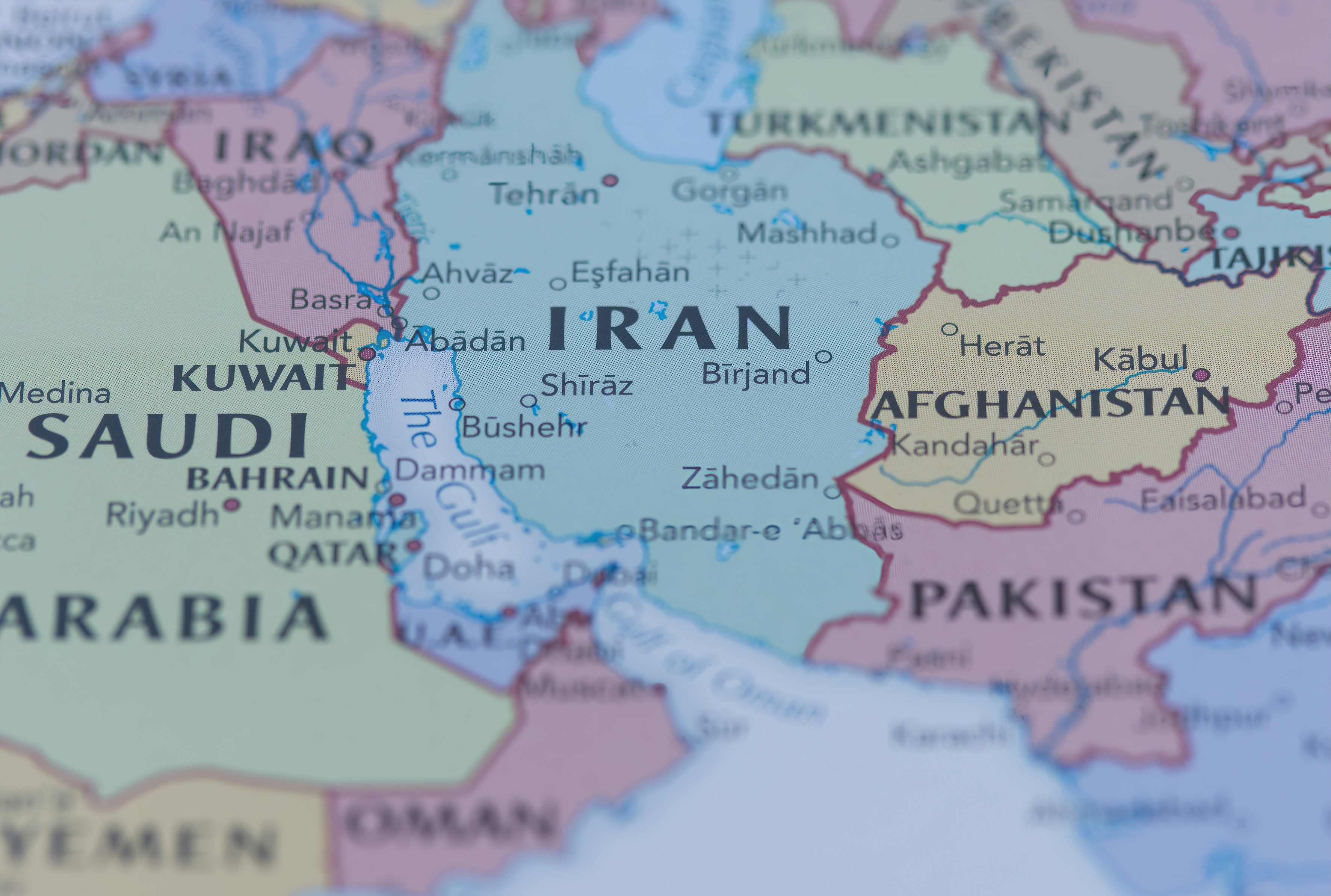
The Middle East, which has suffered one shock after another over the past 23 months, has repeatedly remained on the brink of a prolonged and dangerous all-out war.
Undoubtedly, the Israeli raids on the heart of the Qatari capital, which the Israeli military said targeted the leadership of Hamas, even as truce talks were underway, have pushed the region to the brink of war.
The strikes also made Doha, previously a key meeting point for truce negotiations, a new theatre of war in the Gaza conflict.
These strikes put Israel in direct confrontation with Qatar, a key regional player and the main mediator in peace talks on Gaza and beyond
Israel’s response to the Qatari strike
These strikes dashed hopes of reaching ceasefire talks. The Israeli military refused to officially comment on the identity of the intended target or whether anyone was killed.
However, Israeli media, citing government sources, said the focus was on senior Hamas negotiators and leaders, including Khalil al-Hayya, Zaher Jabarin, Khaled Meshaal, and Mohammed Darwish. The movement acknowledged that five of its members were killed, but stressed that none of them were part of the negotiating team.
This attack represented a blatant rejection of the diplomatic process aimed at ending the carnage in Gaza, to the point that the largest group of families of Israeli hostages expressed deep concern about the new situation. In a statement issued after the attack, the families wrote that they were now "extremely apprehensive" as the prospect of recovering the approximately 50 hostages and prisoners still being held by Hamas militants "has become more uncertain than ever."
This strike also highlights the wide-ranging repercussions of Israel's war on Hamas in Gaza, repercussions that have spread since the movement's attack on October 7 2023. Qatar has been caught in the cross-hairs between the US and Israel and Doha is now a direct confrontation zone. It also dashes the hopes of a ceasefire and threatens the fate of dozens of Israeli hostages. It threatens regional escalation and unmitigated chaos. These strikes put Israel in direct confrontation with Qatar, a key regional player and the main mediator in peace talks on Gaza and beyond.
The incident sparked widespread regional condemnation, demonstrated rare unity in the Middle East, and exposed the extent of Israeli audacity, including the attacks on Lebanon, Syria, and Iran, the skies of Jordan and Iraq.
Doha had already been caught in the crossfire when it was the target of an Iranian retaliatory strike of approximately 20 missiles against Israel and the United States, in response to Israel's large-scale bombing of Iran last June.
What will the GCC do?
Qatar hosts Al Udeid Air Base, the largest US base in the region and the advancing headquarters of US Central Command. According to media reports, Doha received no advance warning from either side of the attack and was forced, at great cost, to move quickly to intercept and shoot down the missiles.
Regional diplomats said days ago that Gulf States fear that the war between Iran and Israel is far from over, and that Doha, by hosting the base, risks being bombed again in a region teetering on the brink of chaos.
Deeply concerned, Doha quickly condemned the Israeli attack, describing it as "reckless" and "criminal," asserting that it constituted "a flagrant violation of all international laws and norms and a serious threat to the security and safety of Qatari citizens and residents."
Doha was joined by a chorus of condemnations from across the Middle East; a region often divided but now united in shock and perhaps fear that any of them could be the next target.
Saudi Arabia, the UAE, Lebanon, and Turkey were among those calling the strike a "flagrant and cowardly violation" of Qatar's sovereignty and international law. The Turkish Foreign Ministry said: "This is a signal aimed not at achieving peace, but at continuing the war."
What happened demonstrates the extent of the audacity that the Israeli leadership has acquired, given the clear green light from its largest backers and arms suppliers, the US and Donald Trump.
Trump almost certainly had prior knowledge of the operation, even if Netanyahu insists it was "a completely independent Israeli operation." This development highlights how far Netanyahu has come from the image he was once viewed—even by his critics—as a relatively cautious and strategic figure. It hints at what the future may hold. It also paints a terrifying picture of the future in this turbulent region.